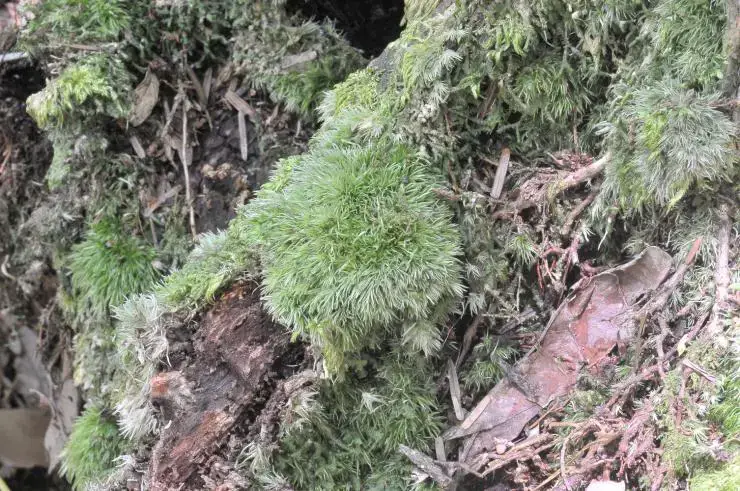
168308.jpg from: https://inpn.mnhn.fr/espece/listeEspeces/Archidium
Exploring the Fascinating World of Archidium subulatum Moss
Introduction
Today we’re diving into the captivating realm of Archidium subulatum Müll.Hal., a unique species of moss in the Archidiaceae family, commonly known simply as Archidium. This tiny but mighty plant plays important ecological roles and boasts some remarkable adaptations. Let’s explore what makes Archidium subulatum so special!

7037e79d418c961c5141889e083833ce.jpg from: https://taieol.tw/muse/digi_object/2355523fe7d6b11d4b7a8ac495911fd7
9830 from: https://biodiversite.cevennes-parcnational.fr/espece/3892
Background on Archidium Moss
Archidium subulatum is a species of moss, which are non-vascular plants in the division Bryophyta. Mosses are found all around the world in a variety of habitats. They lack true roots, stems, and leaves, instead having structures that serve similar functions. There are over 12,000 moss species, and Archidium is one fascinating genus.
Morphology and Identification
Archidium subulatum forms small tufts or mats, typically 1-3 cm tall. Its leaves are lanceolate (lance-shaped) and have a prominent costa (midrib). The leaf margins are entire (smooth-edged). Archidium is autoicous, meaning both male and female reproductive structures are on the same plant. Its spore capsules are spherical and immersed among the leaves.
Global Distribution and Habitat
Archidium subulatum has a widespread distribution, found in many regions around the world including Europe, Asia, Africa, Australia, and the Americas. It grows in a variety of habitats, often on disturbed soils such as riverbanks, roadsides, and agricultural fields. This moss can tolerate dry conditions and prefers acidic substrates.
Ecological Roles and Adaptations
Like other mosses, Archidium plays important roles in its ecosystems:
- Erosion control: Its mats stabilize and retain soil
- Water retention: It absorbs and slowly releases moisture
- Habitat for micro-organisms: Many tiny creatures live among the moss
Archidium has adaptations that allow it to thrive:
- Desiccation tolerance: It can survive drying out
- Spore dispersal: Its lightweight spores spread easily by wind
- Asexual reproduction: It can regenerate from leaf fragments
Archidium Facts
| Characteristic | Description |
|---|---|
| Division | Bryophyta |
| Class | Bryopsida |
| Family | Archidiaceae |
| Genus | Archidium |
| Species | A. subulatum |
| Height | 1-3 cm |
| Leaf shape | Lanceolate |
| Capsule | Spherical |
Conclusion
Archidium subulatum is a small but fascinating moss with some big ecological impacts. Its ability to grow in harsh conditions, control erosion, and provide habitat makes it an important species. Next time you’re out in nature, take a closer look – you just might spot some Archidium! What other cool adaptations do you think mosses might have? Let me know in the comments!